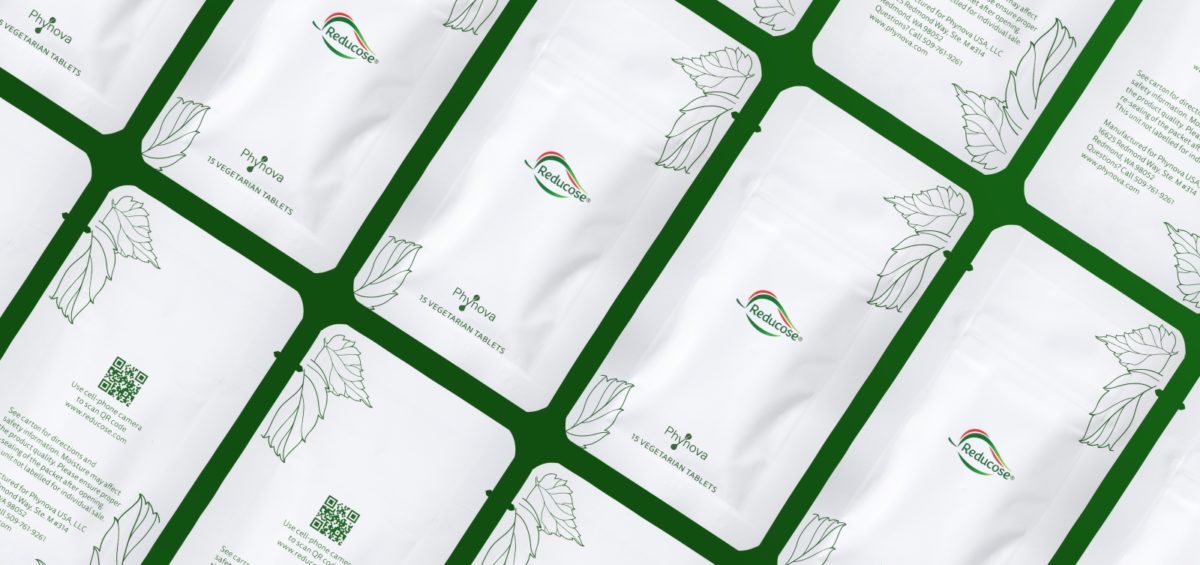
What are fast & slow carbohydrates?
Did you know that not all carbohydrates release energy at the same rate? Carbohydrates are chains of sugars and this chain must be broken down into individual sugars (like glucose and fructose) in order to be digested and absorbed into your bloodstream.
Fast carbs are made up of small chains that are broken down quickly and easily by our digestive systems, releasing sugar into the bloodstream rapidly – resulting in high blood sugar spikes. Slow carb foods are made of longer more complicated chains and provide a slower and more sustained release of energy.
What is Glycemic Index (GI) and why does it matter?
The glycemic index (GI) is a value assigned to foods that tells us whether a food raises blood sugar levels quickly, moderately or slowly.
The GI index ranks food from 1-100 based on how quickly they are digested and raise your blood sugar levels. Think of GI as a speedometer for individual foods and yes, the saying is true: speed kills…
Fast carbs have a higher GI value and are rapidly digested, leading to spikes in blood sugar levels. Slow carbs have a lower GI value releasing blood sugar more slowly and steadily, helping you maintain normal, healthy blood sugar control.
Fast Carbs
When the majority of your diet is made up of high GI foods, your blood sugar will rise and then fall quickly, causing your body to crave more high GI foods to try and rebalance your blood sugar. Being on this blood sugar rollercoaster can, over time, lead to an increased risk of type 2 diabetes, obesity, metabolic syndrome and cardiovascular disease. Examples of fast carbs are processed carbohydrates such as white breads, cereals, white rice, noodles, sugars, fruits that are low in fiber and some starchy vegetables.
Slow Carbs
Foods with a low GI are considered slow carbs. Slow carbs can provide your body with energy over a longer period of time – compared to high GI foods – without a rapid rise in blood sugar. Low GI foods also help support a healthy BMI, bodyweight and lifestyle. Slow carbs include most vegetables, whole grains, seeds, nuts, beans, peas and legumes. Replacing refined grains with whole-grains and adding more beans and legumes to your diet is an easier way to up the amount of slow carbs in your diet, and helps you get off the blood sugar rollercoaster!
Resistant StarchNot all starches are easily digestible and sometimes part of starches passes undigested to the digestive tract unchanged, they are resistant to digestion and function like a soluble fibre. Resistant starches have many health benefits for us which include better insulin sensitivity, lower blood sugar levels, feeling fuller for longer, reduced appetite and weight loss by improving satiety. The resistant starches increase the friendly bacteria in the intestine microbiome.




